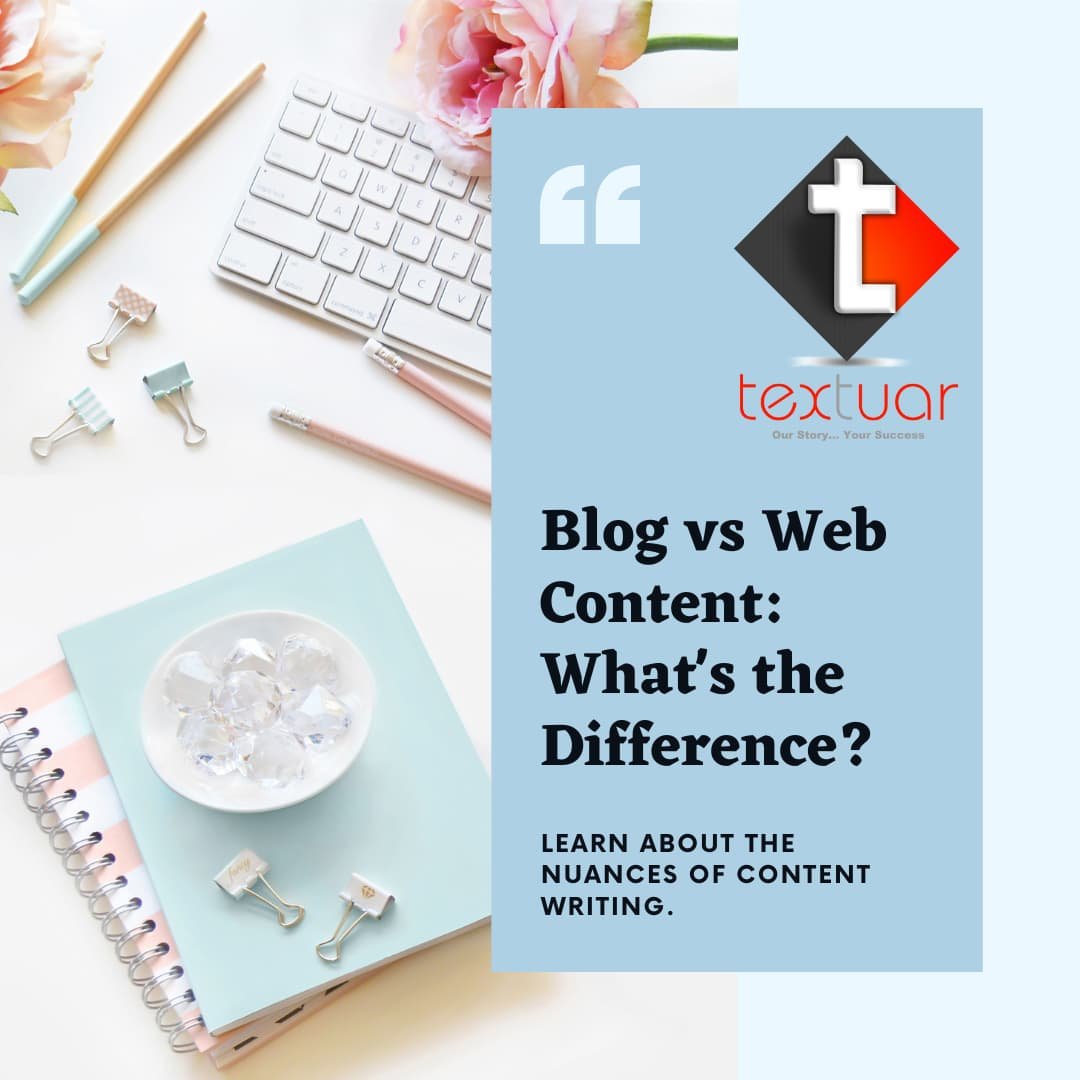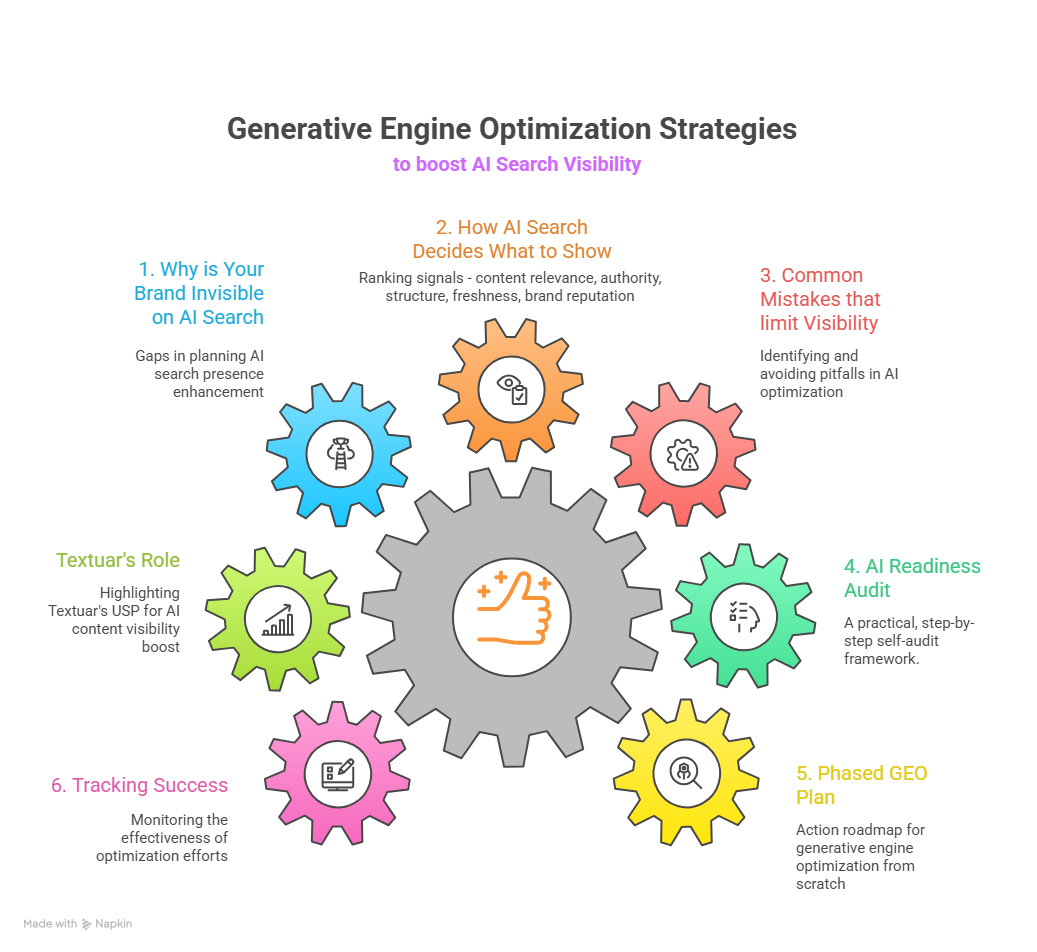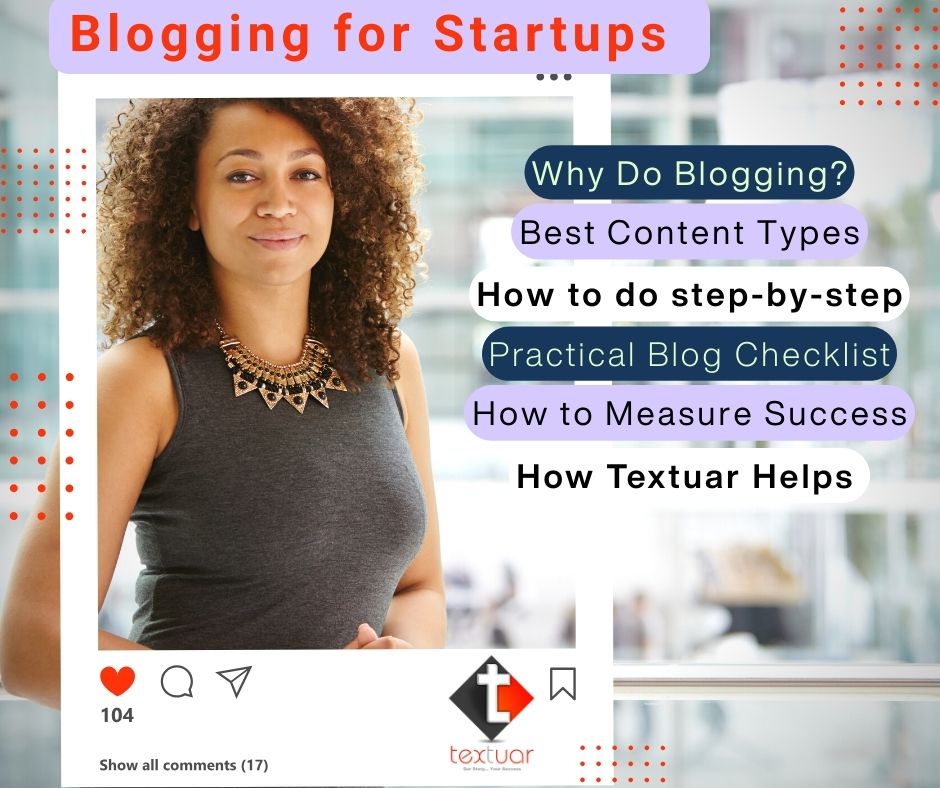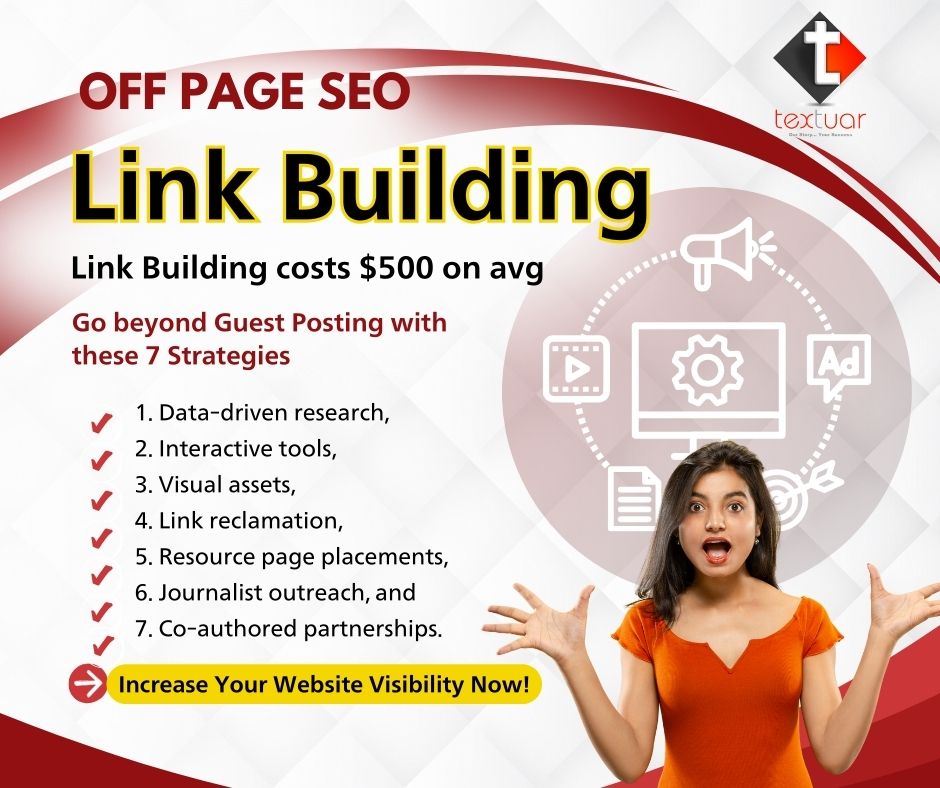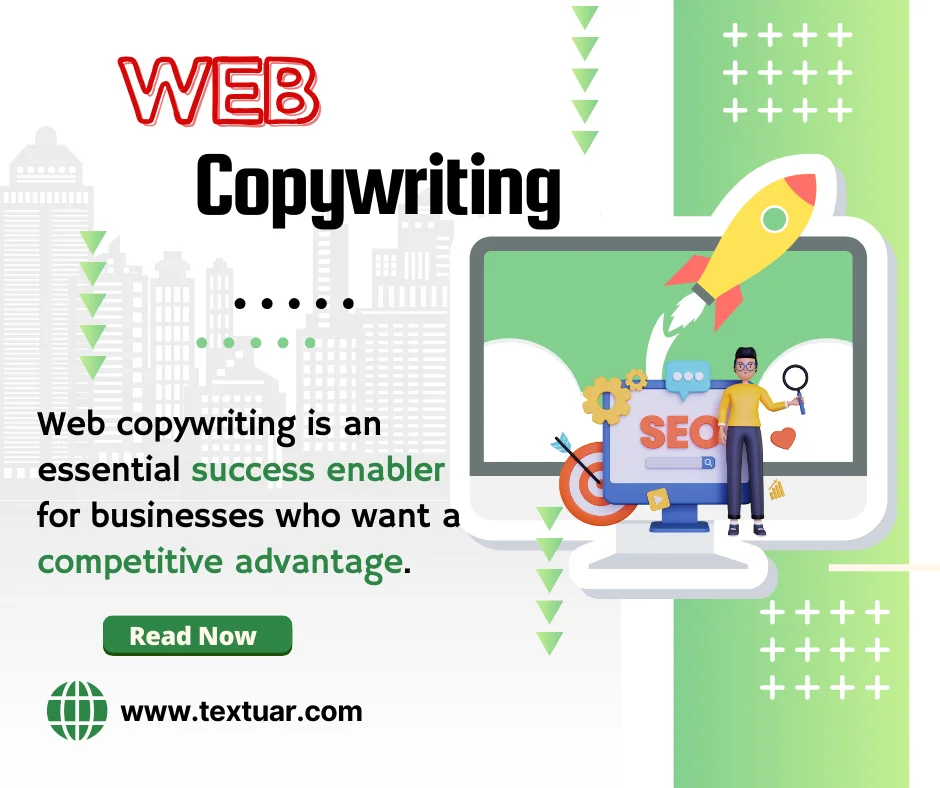Many content writers face a stiff challenge when it comes to writing website content. A good content writer will know that there are various differences that set apart a blog from a website content. In fact, many customers too do not know the difference and end up requesting a blog when they actually wanted sales promotional website content.
If you too are facing this dilemma, then you are the right place. Today, we will have a look at the various subtle nuances that define blog content and how it is different from website content writing.
Differences between blog content writing and web content writing
1 – Intent
Blog – In blog content writing, the intent is to provide useful information around a central theme and then carefully introduce the reader to your service offerings at the end
Website content – Whereas the intent of web content writing is to make a sales pitch to readers about why they should go with your brand and not choose your competition over you.
2 – ‘About me’ attitude
Blog – The blog content writer will not mention ‘we’, ‘our’, ‘us’ etc., in the blog as it is not directly pitching your brand. Maybe, at the end, as a part of the call to action, you can use these words contained in a paragraph but not more than that
Website content – Here the introduction itself will use the word ‘we’, ‘our’, ‘us’ etc., as you are introducing your brand/ service/ product to the readers
3 – Coverage
Blog content – The Blog content will cover a particular topic around an issue or concern to help readers and gain loyal readership
Website content – In web content writing, there will be a proper explanation of each service/product (or that particular service/product page). This covers features and benefits of that service/product.
Use cases
Take the case of a digital marketing company for instance.
Their web content will have information on different services like SEO, SMM, Search Marketing, and SMO. Each piece of content will be devoted to explaining what is offered under a specific service and why customers should award business to the digital marketing company and not to their competitors.
Now, if the same digital marketing company wants to push fresh and helpful content and target SEO keywords then they would publish blog content on their blog page. It will not cover the actual service but topics around the service. For instance – “Top SEO trends of 2019” (yup, we like to be way ahead of our time!) or “Why PPC is beneficial for a small business?”
What’s common in blog content and web content?
Besides these differences, there are certain common themes that define how content is developed in both approaches –
1 – Language should cater to the persona of your target market
2 – SEO friendly content that ranks strives to rank well on pre-defined list of keywords
3 – There is one central idea being discussed in the content
4 – Content follows a logical structure i.e. introduce with a challenge or pain point and end with a conclusion that gives readers a hint of what to do next after reading the content (click on ‘buy now’, ‘subscribe now’, or be directed appropriately from a landing page’ etc.)
The perils of blatantly promotional blog
Do note that today many businesses try to weave in heavy promotional undertones when developing blog content. While it may work to a certain extent, it will start to backfire if used blatantly. The readers looking for a blog are actually going as per the principles of inbound marketing – i.e. readers coming to the blog rather than you pitching your offerings to them. They need to be convinced of your credibility and industry authority before they make their mind to make a purchase from your business.
Hence, it will be wise not to overlap the basic intention behind developing the two distinct types of content – i.e. blogs for informative content and web content for sales persuasive content.

